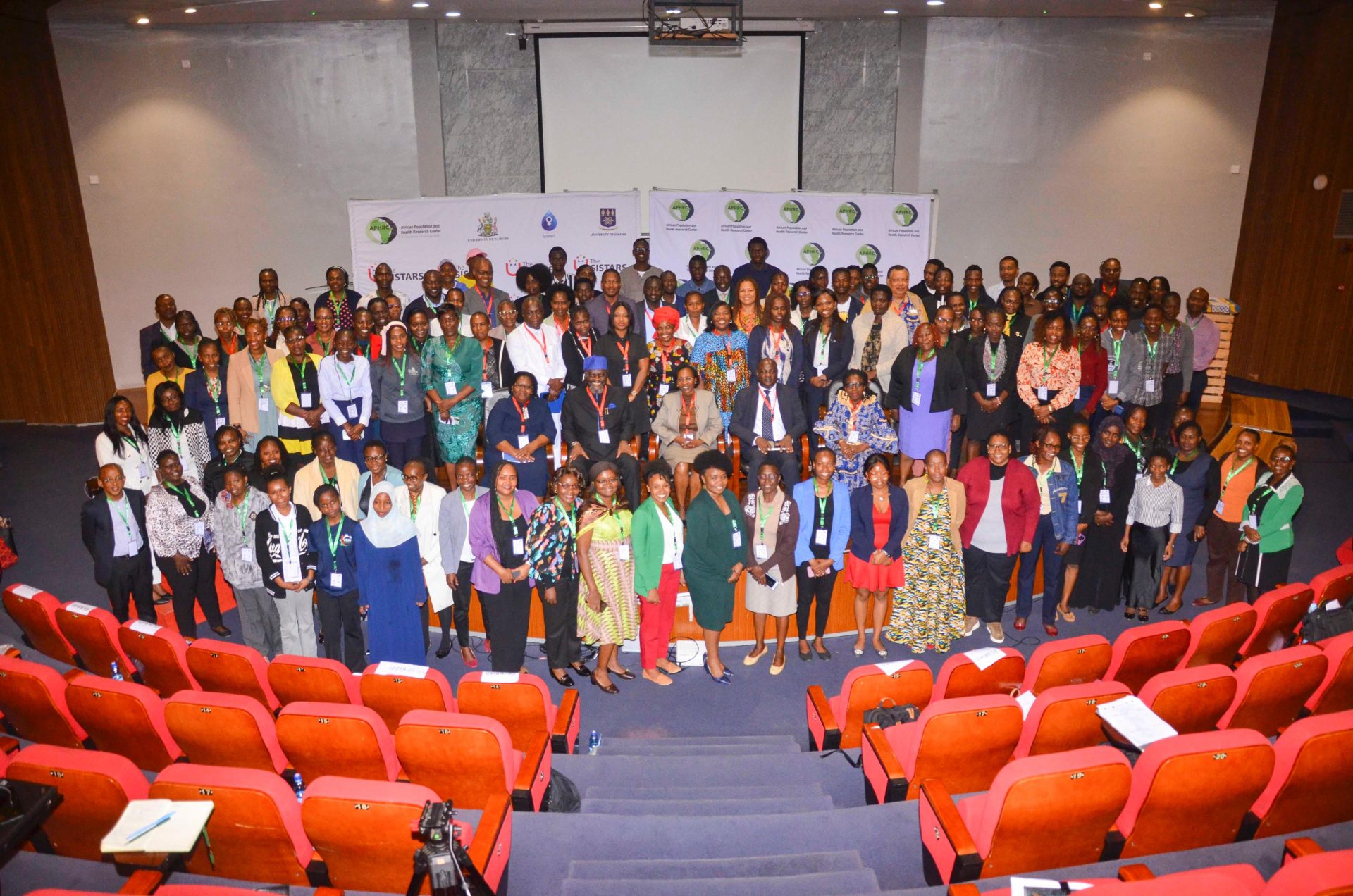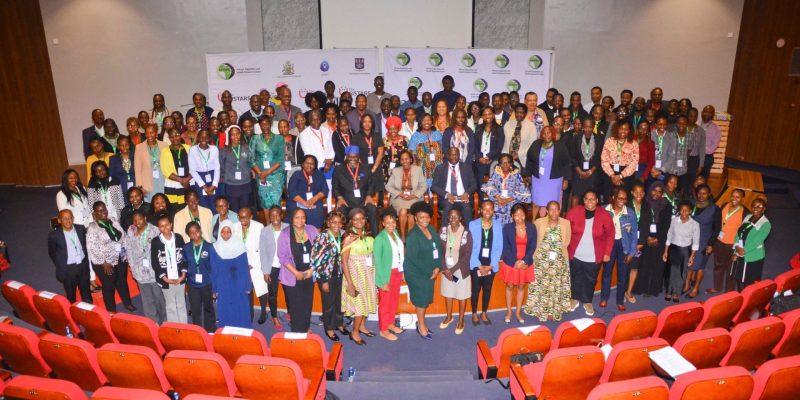Advancing Women in STEM Leadership Across Africa: SISTARS Project
Sustainable development and economic growth are impossible without the full participation of women in leadership and decision-making roles.
Women must be empowered to contribute meaningfully across all sectors, including science, technology, engineering, and mathematics (STEM).
However, in many low- and middle-income countries, data on gender disparities in STEM education and careers remains limited.
Most research focuses on the education sector especially in health and technology leaving significant gaps in natural sciences such as environmental science, and especially in private industry (World Bank, 2020).
Water remains one of the most urgent environmental and public health challenges in Africa. Therefore, the SISTARS Project chose to focus on the water sector as a strategic entry point for examining gender dynamics in STEM.
The project aims to close knowledge gaps and develop practical, replicable solutions across other science fields.
SISTARS Dissemination Workshop at the University of Nairobi
This week, the SISTARS Project held a high-level dissemination workshop at the University of Nairobi. The event brought together researchers, educators, policymakers, and development partners to discuss gender gaps in STEM careers across Africa.
The workshop, held in collaboration with the African Population and Health Research Center (APHRC), aimed to address institutional and societal barriers that limit women’s advancement particularly in the private sector.
Guest speaker Dr. Wale Akinyemi emphasized that the environment is the main driver of performance.
According to him, organizations must foster clear communication, open idea sharing, a shared vision, and accountability without fear to improve outcomes for women in STEM.
Persistent Gender Gaps in STEM
Dr. Siphila Mumenya, Dean of the Faculty of Engineering at the University of Nairobi, shared striking statistics. Women make up only 30% of science professionals in Africa.
Most of them work in lower-paying public and academic roles, while men dominate higher-paying private sector jobs.
As a result, many women remain stuck at junior levels with limited access to leadership and decision-making opportunities.
Focus on the Water Sector
The SISTARS Project focuses on environmental sciences, particularly the water sector, to explore gender-related challenges.
This sector is not only critical to public health and sustainability but also provides a relevant context to understand broader disparities in STEM.
By concentrating on water, the project hopes to influence policies and develop strategies that can improve women’s representation and leadership in science-based industries.

Advancing Women in STEM Leadership Across Africa: SISTARS Project
Project Objective
The main goal of the SISTARS Project is to advance knowledge on women’s participation in STEM—both in academia and industry.
Specifically, it aims to assess how institutions are mainstreaming gender in STEM and to recommend innovative strategies that promote women’s leadership.
Barriers Facing Women in STEM in Kenya
Dr. Caroline Kabaria highlighted a wide range of barriers affecting women’s progress in STEM careers. These barriers occur at multiple levels:
Systemic and Institutional Barriers
-
Institutional gatekeeping that blocks leadership access
-
Biases in hiring and promotion
-
Pay disparities and unequal task allocation
-
Lack of gender-responsive workplace policies
-
Limited access to training and career advancement
Societal and Community-Level Barriers
-
Deep-rooted stereotypes about gender and science
-
Few visible female role models
-
Gaps in mentorship and professional networks
-
Male-dominated industry cultures
Family and Domestic Constraints
-
Difficulty balancing work with caregiving
-
Limited family support for career advancement
-
Absence of role models within family structures
Individual-Level Challenges
-
Low self-confidence in male-dominated spaces
-
Impostor syndrome
-
Isolation due to underrepresentation
-
Gaps in foundational STEM education
Driving Institutional Change
One of the project’s major goals is to guide institutions toward gender-inclusive policies. It evaluates current practices in academia and industry, then suggests actionable steps to strengthen women’s participation and leadership in STEM fields.
Call to Action
As the workshop concluded, participants issued a strong call for change. Universities, governments, private sector actors, and research institutions must work together to dismantle systems that continue to marginalize women.
Empowering women to lead in STEM is more than a gender equity issue. It is a development necessity and a vital step toward building a more inclusive and innovative Africa.
Advancing Women in STEM Leadership Across Africa
























Comments